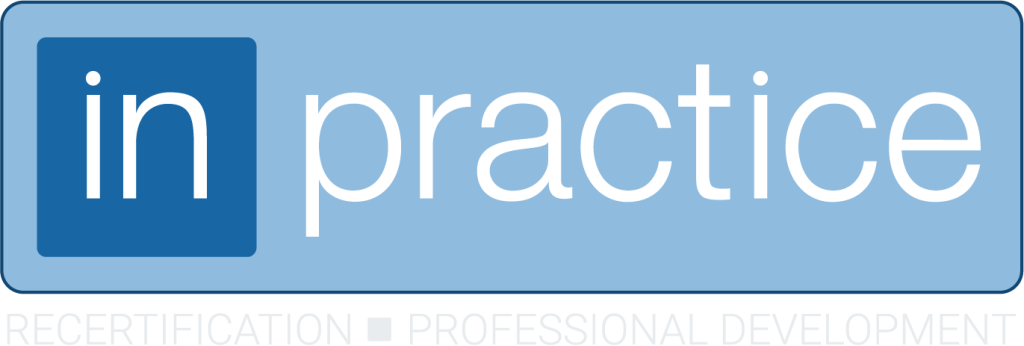Cultural Safety & Health Equity
Cultural safety focuses on the patient experience to define and improve the quality of care. It involves doctors reflecting on their own views and biases and how these could affect their decision-making and health outcomes for the patient.
The Medical Council of New Zealand defines cultural safety as:
- The need for doctors to examine themselves and the potential impact of their own culture on clinical interactions and healthcare service delivery.
- The commitment by individual doctors to acknowledge and address any of their own biases, attitudes, assumptions, stereotypes, prejudices, structures and characteristics that may affect the quality of care provided.
- The awareness that cultural safety encompasses a critical consciousness where healthcare professionals and healthcare organisations engage in ongoing self-reflection and self-awareness and hold themselves accountable for providing culturally safe care, as defined by the patient and their communities
Cultural safety benefits all patients and communities, not just any specific ethnicity. This may include communities based on Indigenous status, age or generation, gender, sexual orientation, socioeconomic status, ethnicity, religious or spiritual belief and disability.
A focus on cultural safety and health equity must be embedded within all your recertification activities and form part of your reflection across all of the core elements of InPractice.
- The effect of your own culture, history and attitudes.
- The ongoing development of your own cultural awareness and an understanding of how your social-cultural influences inform biases that impact your interactions with patients, whānau, and colleagues.
- Consciously not imposing your cultural values and practices on patients.
- Recognising that there is an inherent power imbalance in the doctor-patient relationship, and ensuring that this is not exacerbated by overlaying your own cultural values and practices on patients.
- Challenging the cultural bias of individual colleagues or systemic bias within health care services, which may contribute to poor health outcomes for patients of different cultures.
- Being aware that there are limits to what you know and being open to learning from your patients.
- Understanding how our colonial history, systemic bias and inequities have impacted Māori and Māori health outcomes, and ensuring that your interactions with and care of patients do not perpetuate this.
- Acknowledging that general cultural information may not apply to specific patients and that individual patients should not be stereotyped.
- A respect for your patients’ cultural beliefs, values and practices.
- Understanding that your patients’ cultural beliefs, values and practices influence their perceptions of health, illness and disease; how they respond to and manage their health; and their treatment decisions and interactions with doctors, other health care professionals and the wider health system.
- Understanding that culture is dynamic and evolves over time, extends beyond ethnicity, and that patients and their whānau may identify with multiple cultural groupings at any one point in time.
- Build a relationship and provide a health care environment that supports the cultural safety of all patients.
- Self-assess and learn to recognise when your actions might not be acceptable to patients.
- Develop diagnoses and formulate treatment plans in partnership with patients that fit within their cultural contexts, and are balanced by the need to follow the best clinical pathway.
- Include the patient’s whānau in their health care when appropriate.
- Communicate effectively with all patients and:
- Recognise that the verbal and non-verbal communication styles of patients may differ from your own and that you will need to adapt as required.
- Work effectively with interpreters when required.
- Seek help when needed to better understand what your patient needs in order to achieve cultural safety.
| Organisation | Description | Link |
|---|---|---|
| Health Central | Podcast video on achieving an equitable health service | https://healthcentral.nz/podcasts/ |
| Aki Hauora App | Free Phone app game that teaches Te Reo medical phrases | https://apps.apple.com/nz/app/aki-hauora/id1062206292 https://www.healthnavigator.org.nz/apps/a/aki-hauora-app/ |
| Mauriora | Free and paid for courses in Cultural Competency, Treaty of Waitangi, Tikanga Maori, health literacy | https://mauriora.co.nz/ |
| MCNZ | MCNZ statement on Cultural Competency | https://www.mcnz.org.nz/assets/standards/b71d139dca/Statement-on-cultural-safety.pdf |
| Ministry of Health | Māori Health publications | https://www.health.govt.nz/our-work/populations/maori-health/maori-health-publications |
| Ministry of Health | Achieving Equity in Health Outcomes | https://www.health.govt.nz/system/files/documents/publications/achieving-equity-in-health-outcomes-summary-of-a-discovery-process-30jul2019.pdf |
| HQSCNZ | Video on Māori cultural practice | https://www.youtube.com/watch?v=aat_TEq8O9k |
| TEDx Ruakura | Video – Indigenous knowledge has value | https://www.youtube.com/watch?v=c-PwEnC-Rj8 |
| Culture Matters | Information and free courses in cultural competency | https://culturematters.org.nz/ |
| Goodfellow Unit | Online learning resources in cultural competency | https://www.goodfellowunit.org/search-categories/cultural-competency |
| MOH Learn Online Courses | Free courses on cultural competency, Māori health governance and understanding bias in healthcare | https://learnonline.health.nz/ |
| LeVa | NZ’s national Pasifika cultural competency training programme – Free | https://www.leva.co.nz/training-education/engaging-pasifika |
